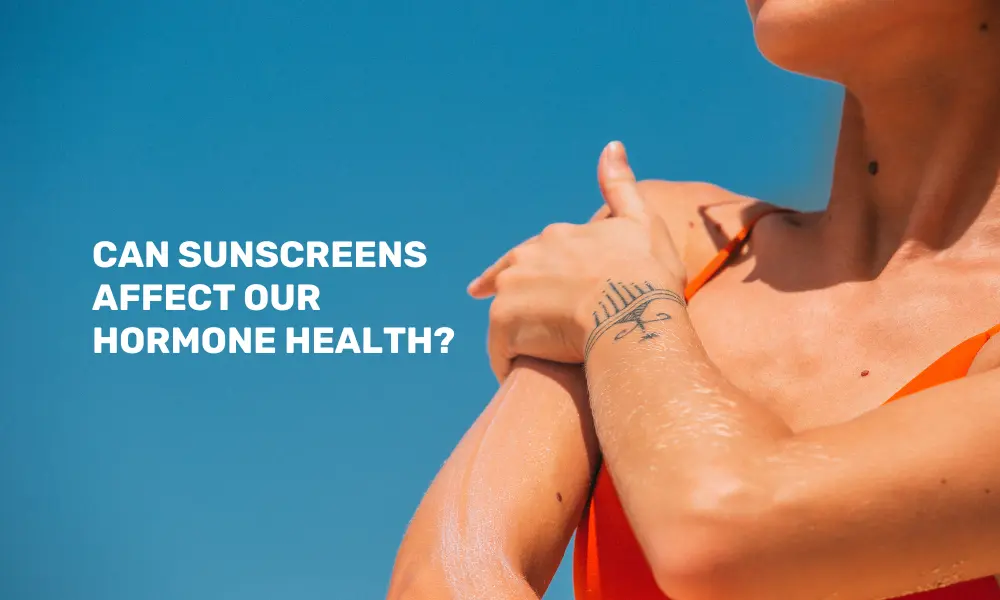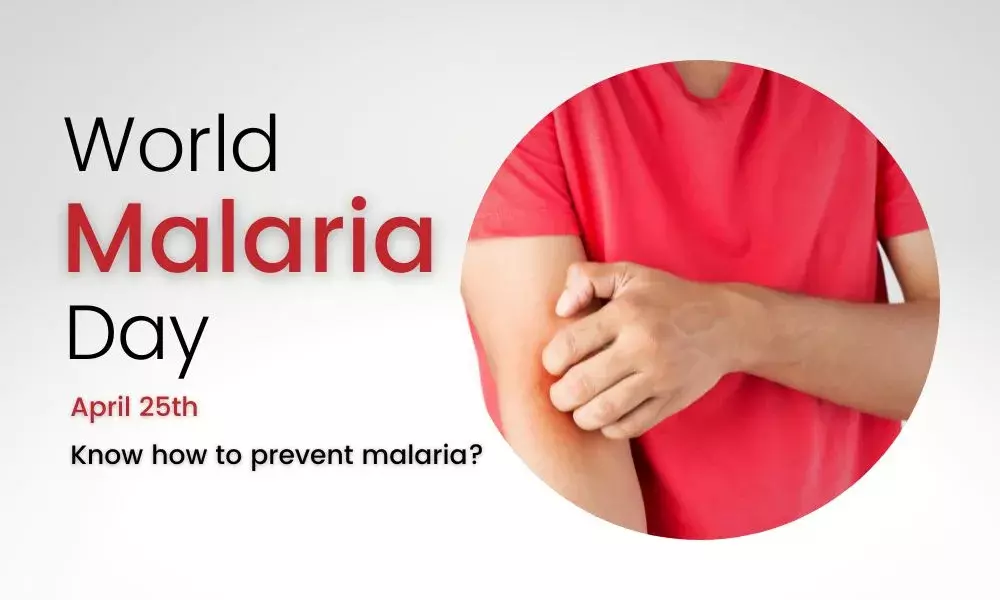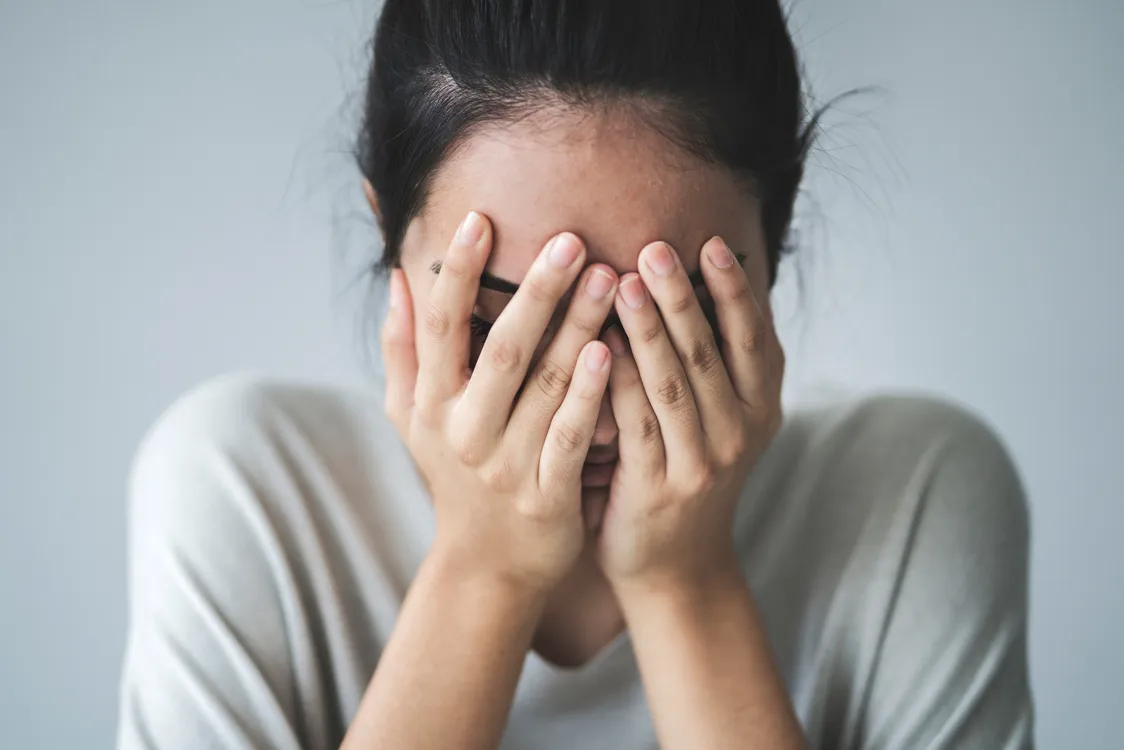We often apply sunscreen to protect our skin from the sun’s rays during the day. But it is important to know what the sunscreen ingredients are and their potential long-term health impacts. Recent studies and international safety reviews have highlighted concerns about certain chemical ingredients commonly used in sunscreens, particularly their ability to be absorbed into the bloodstream and act as hormone disruptors.
Impact of Sunscreens
A hormone disruptor is a chemical that has the capacity to cross cell membranes and interfere with the body’s natural hormone production.
According to dermatologists this does not mean sunscreens are unsafe or should be avoided altogether. Rather, it’s a reminder to be more informed about what we apply on our skin every day.
The concern for safety and effectiveness of sunscreen ingredients has been heightened after recent evidence of their measurable systemic absorption following topical application. Among the ingredients drawing attention are oxybenzone and octinoxate, two UV filters widely used for their ability to absorb harmful UVB and UVA rays of the sun.
However, both have also been found in blood, urine, breast milk, and even amniotic fluid, raising questions about their possible impact on hormonal balance and foetal development. While these ingredients are not banned and continue to be approved for use in many countries, including India.
Does Sunscreen Disrupt Hormones?
Some studies have pointed to possible associations with thyroid changes, pubertal development, kidney function, and immune health, though these findings remain inconclusive.
Other ingredients under scrutiny include homosalate, avobenzone, octisalate, and octocrylene, all commonly found in many commercial sunscreen formulations. However, the research is far from definitive.
Octinoxate and oxybenzone are also present in plastic packaging, water, air, and cosmetics. While detected in body fluids, their systemic exposure hasn’t been proven harmful in humans.
What Should We Do?
It is suggested that mineral sunscreens, which contain zinc oxide or titanium dioxide, could be a safer alternative for those concerned.
These ingredients physically block UV rays rather than absorbing them, and while they too can penetrate the skin in small amounts, the current data do not indicate toxicity.
In fact, many sunscreen formulations available in India have already phased out older ingredients like PABA and triethanolamine, which were previously linked to safety concerns.
While some studies have raised concerns about sunscreen chemicals affecting fish microbiota and aquatic systems, no evidence yet links these effects to human health.
Dermatologists advise that sunscreens are a critical defence against skin cancer and premature ageing, especially in a country like India where UV indices frequently soar.
However, avoiding sunscreen entirely out of fear would be misguided, doctors warn. Instead, the advice is to choose wisely, look at ingredient labels, and opt for mineral-based products where possible, particularly for children, pregnant women, or those with sensitive skin.
FAQ on Sunscreen
Is it safe to apply sunscreen?
Wearing sunscreen is the best and easiest ways to protect skin health at any age. If used regularly, sunscreen helps in preventing sunburn, premature aging, and skin cancer. It is vital to include sunscreen as a part of our daily routine.
What are the side effects of using sunscreen?
Application of sunscreen may cause irritation post application in few people, and mild redness or a stinging sensation may appear.
What is the natural alternative for sunscreen?
In Ayurvedic tradition, sesame oil is regarded as a natural sunscreen. Rich in antioxidants and vitamins, sesame oil is believed to block around 30% of UV rays. Additionally, it helps prevent skin damage caused by free radicals, which can result from prolonged sun exposure.
Disclaimer: This article is meant for informational purposes only and must not be considered a substitute for professional advice.





